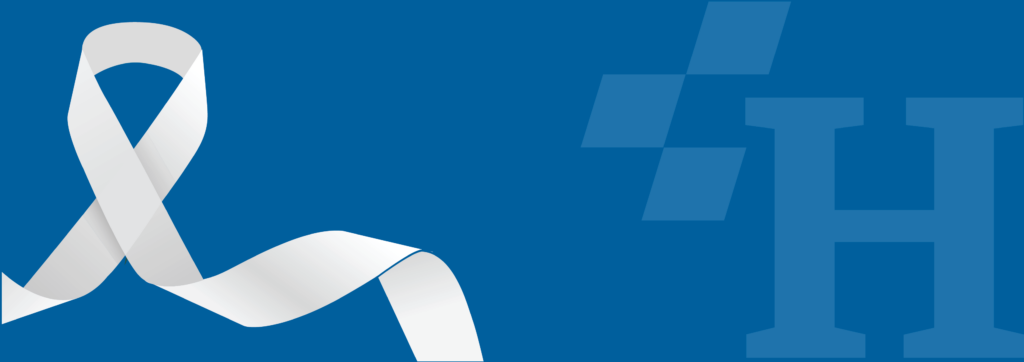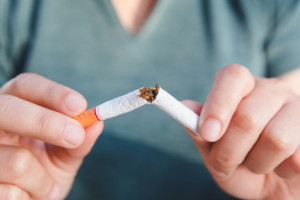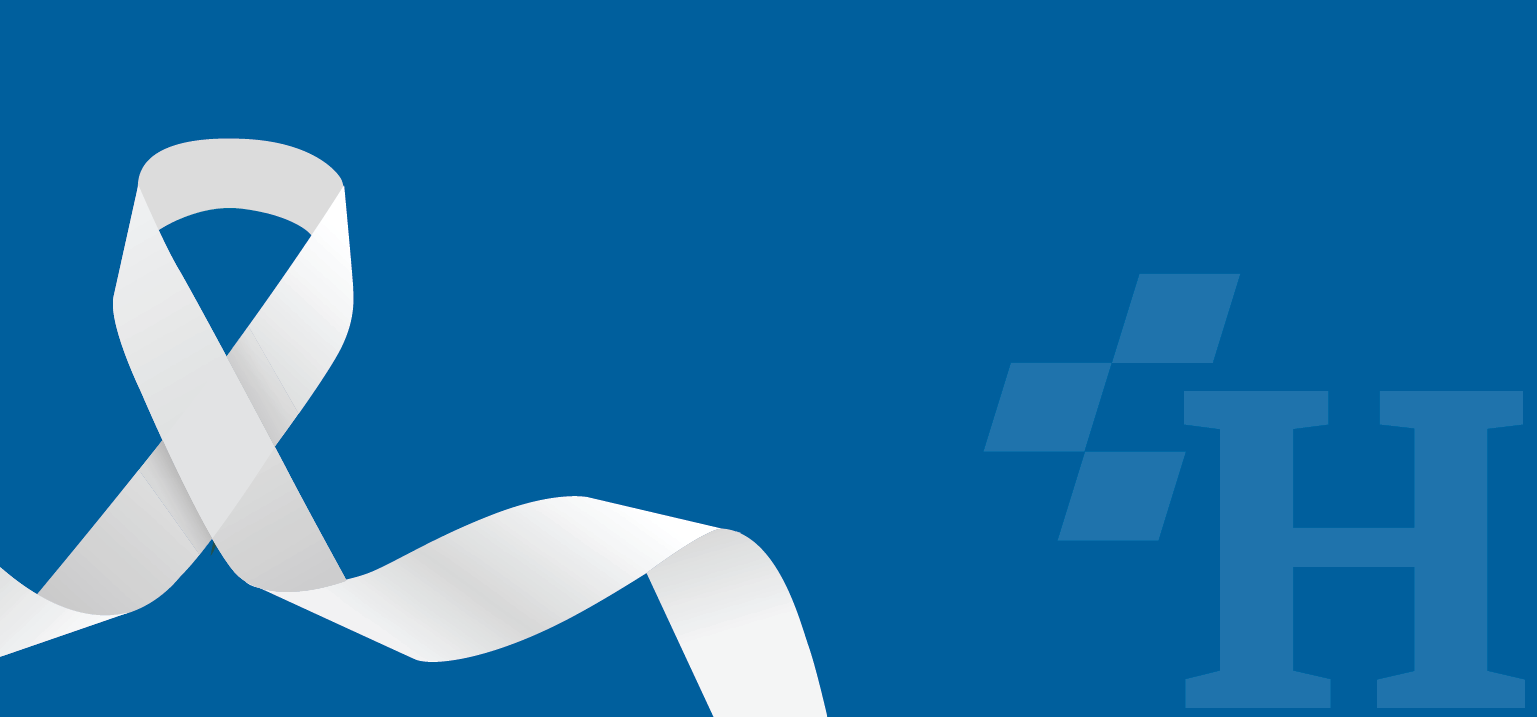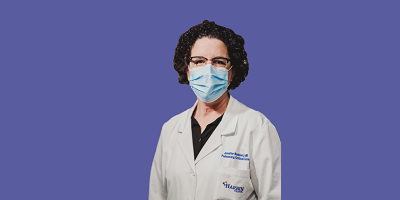Lung Cancer Awareness Month

Lung cancer is the most common cause of cancer-related deaths in men and women globally. For Lung Cancer Awareness Month, Harbin Clinic pulmonologists are doing their best to spread awareness and increase education surrounding the disease.
There are two different types of lung cancer: small-cell lung cancer and non small-cell lung cancer. Non-small cell lung cancer is the most common form of the disease and is an umbrella term for several types of lung cancers, including squamous cell carcinoma, adenocarcinoma and large cell carcinoma. Small cell lung cancer is usually only found in heavy smokers and is much less common than non-small cell lung cancer.
Symptoms
For both types of lung cancer, there are no symptoms in the early stages. Signs and symptoms do not begin until the disease is advanced. The symptoms of lung cancer include coughing up blood (even a small amount), shortness of breath, chest pain, hoarseness, losing weight, bone pain, headaches and a new cough that does not go away.
Causes & Risk Factors
The number one cause of lung cancer is smoking. According to the CDC, 80 to 90 percent of lung cancers in the United States occur in smokers. When you inhale smoke, you’re damaging the cells that line your lungs, which leads to the cells acting abnormally, and that’s when lung cancer can develop. This can also occur in people who have never smoked if exposed to secondhand smoke for long periods of time and frequently.
Other risk factors include exposure to radon gas, asbestos and other carcinogens, which can all lead to developing lung cancer. Undergoing radiation therapy in the past and a family history of lung cancer also both increase your risk of developing the disease.
Prevention
Don’t smoke. On top of not smoking, remind those around you of the dangers of the habit. Try to avoid secondhand smoke, as well.
Stop smoking. No matter how long you have been a smoker, quitting can significantly lower your risk of lung cancer. Nicotine replacement products, medication, support groups and programs are all options to begin your quitting journey. If you don’t know where or how to begin, talk to your doctor about the best resources for you.

Avoid carcinogens. If exposed to harmful chemicals at work, it’s crucial to wear protective gear and take precautions.
Test your home for radon. If you live in a high-radon area, have your home checked.
Eat a balanced diet. A diet filled with fruits and vegetables can help protect you from developing lung cancer.
Talk to your doctor about your risk for lung cancer and start taking preventative measures now. To learn more about our team of board-certified pulmonologists, visit Harbin Clinic Pulmonary Medicine.


